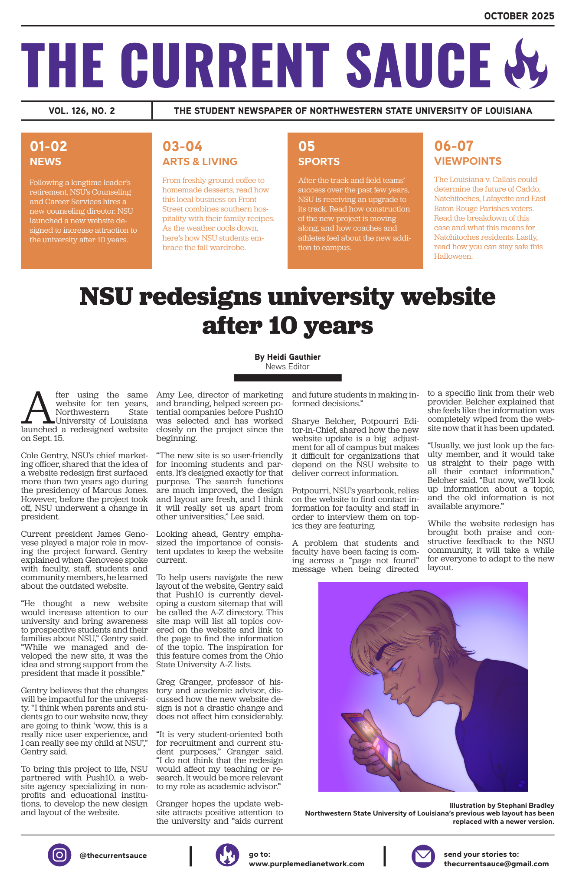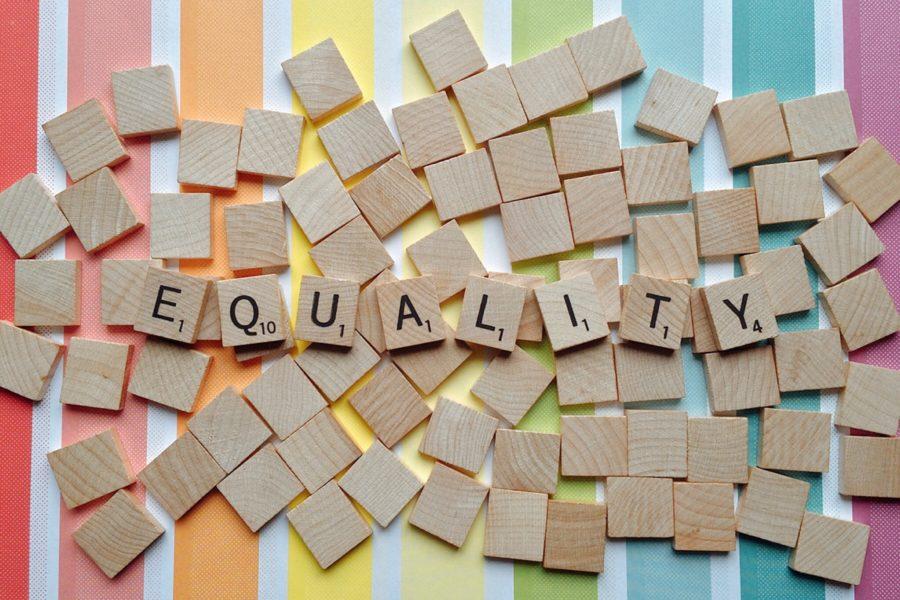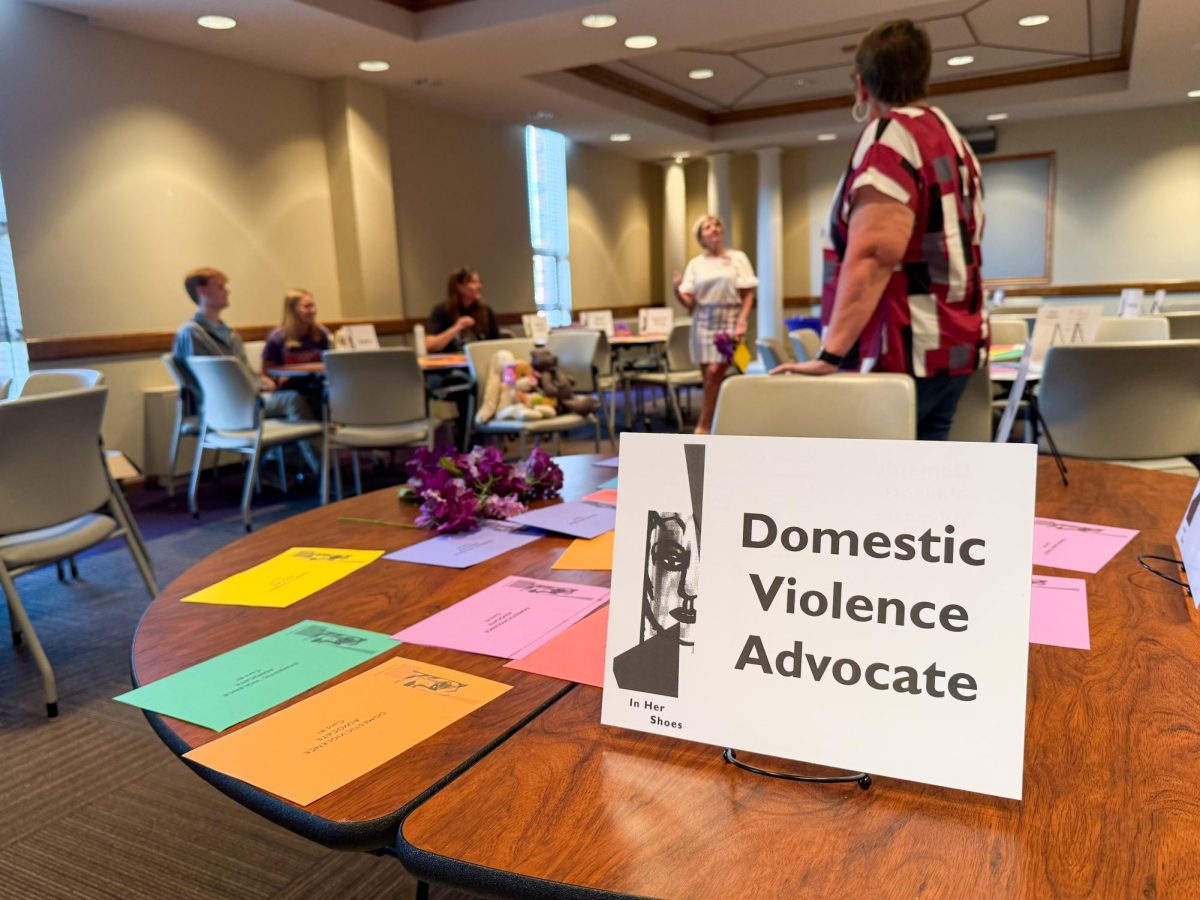Healthy intimate relationships are meant to be caring, supportive and communicative. However, there are many cases in which a relationship is abusive in some form.
“Domestic violence can be physical, sexual, emotional, economic, or psychological actions or threats of actions that influence another person,” according to the U.S. Department of Justice.
Psychological abuse encompasses forced isolation, destruction of pets or property and threats of any nature. Economic abusers seek to force their partners into financial submission, or forbid them from going to school or work.
Emotional abuse is defined as “undermining an individual’s sense of self-worth.” Sexual abuse includes coercion, rape and sexually demeaning a partner.
Physical abuse includes hitting, shoving, grabbing, biting and, less obviously, denying access to medical care or forced use of alcohol or drugs, among other actions.
According to the National Coalition Against Domestic Violence, one in three women and one in four men in the U.S. have been victims of physical violence by an intimate partner. In Louisiana, approximately four out of five female homicides are committed by either a current or former partner.
The Bureau of Justice Statistics’ most-recent report says approximately 60 percent of family violence victimizations were reported to police between 1998 and 2002.
Other victimizations are unfortunately kept in secret and are difficult to escape from.
The National Violence Against Women Survey found that approximately 43 percent of both men and women who experienced physical assault by their partners were victimized by that person for one to five years. The average duration of physical assault by one partner was 4.5 years for women and 3.6 for men.
Any combination of the above types of domestic abuse can be partnered with the end goal of having the partner fear his or her abuser. Applied successfully, it satisfies the abuser, but there are often unintended consequences. What many fail to realize is that domestic abuse and violence has negative effects not only on the direct victim, but on their offspring.
Children who witness domestic violence often experience anger, withdrawal and hostility at higher rates than their peers. Similar to adult survivors, children exposed to these forms of abuse are at a higher risk for developing anxiety and sleep disorders, experiencing mental health issues and even predisposing them to physical health problems as a result of high stress levels.
If you think your partner is abusive, call the National Domestic Violence Hotline at 1-300-799-7233, or visit their website at thehotline.org to chat with an advocate. Both the phone line and online chat offer 24/7 access to advocates who are trained to identify domestic violence and provide victims with support, intervention information and referral services.





























